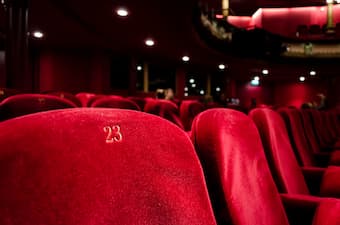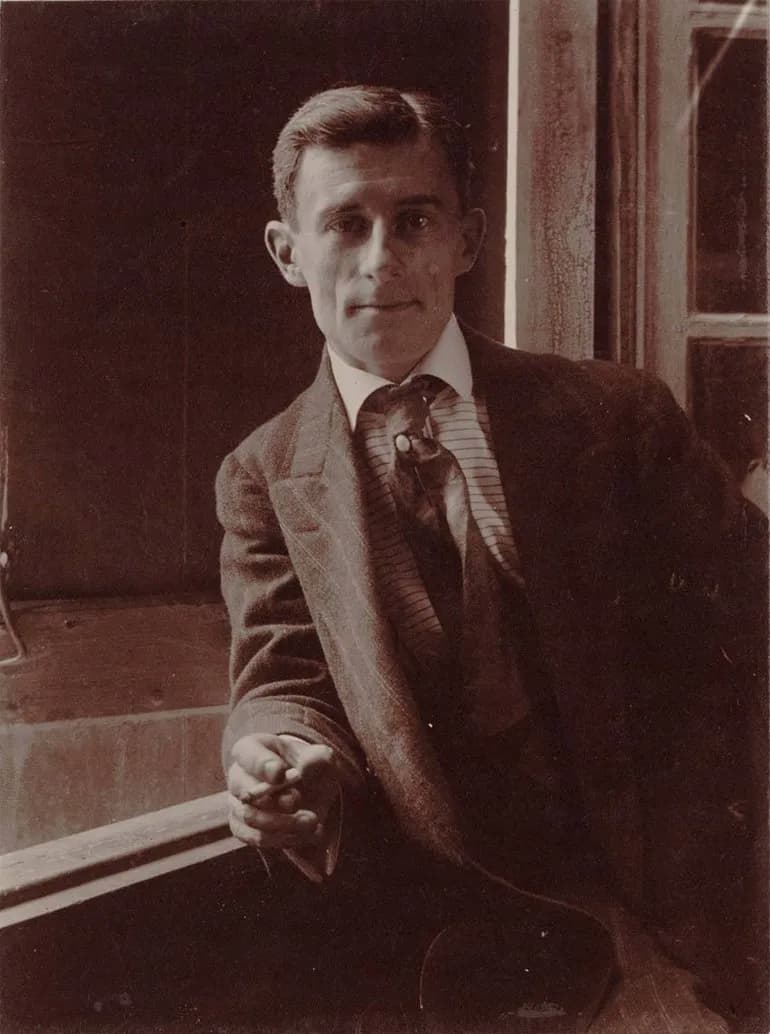
© Unsplash
Glenn Gould claimed to “detest” audiences, regarding them as “mob rule” and “a force for evil” (he retired from performing in public at 31), but most performers take a far more positive and generous attitude towards audiences.
Audiences – real living, breathing audiences – have been much missed over the past year with concert halls, opera houses and theatres closed for months in response to the coronavirus pandemic. Seeing performances from empty venues like London’s Wigmore Hall are a poignant reminder of how important audiences are; they’re an integral part of the concert experience and without an audience a performance isn’t really a “concert” in the truest sense of the word.
Glenn Gould had a good reason for his dislike of audiences: he suffered from stage fright and saw the public concert as a “gladiatorial” experience, the audience a hostile force, hungry for evidence of weakness or errors on the part of the performer. The fear of making mistakes in front of other people – a natural human instinct – is very common amongst performers, professional and amateur, and is one of the main drivers of performance anxiety.
We don’t want to mess up in front of other people, of course we don’t. We want our performances to be as close to perfect as possible, with just the right amount of technical assuredness combined with artistry to draw the audience into the music’s soundworld, transport them, excite and enthrall them. But perfection is a human construct, an ideal as opposed to a quantifiable reality, and as such it is an impossibility. We are all human – even the most incredible musicians who enjoy almost god-like reverence – and we are all fallible. Accepting this is one of many ways we can better understand and manage performance anxiety.

© Linnaea Mallette / publicdomainpictures.net
Audiences don’t come to concerts hoping to see the performer fail. They are not there to spot errors or imperfections in performance; they have paid for tickets because they want to hear the musicians perform. They are there because they want to be there, to hear the music, and because they enjoy the concert experience and admire the performers.
Performing is about connection not perfection. As musicians, we want to connect with our audience to communicate and share our music with them. It’s a sympathetic, almost supportive relationship, as the audience create atmosphere and a sense of occasion in the concert hall – and also affect the acoustic of the venue. That special relationship between musicians and audience has been much missed over the past year, and almost every musician I know cannot wait to be back in the concert hall performing to a real live audience once again.
For more of the best in classical music, sign up to our E-Newsletter
Schumann: Piano Concerto in A minor Op. 54 (Yuja Wang, piano)


